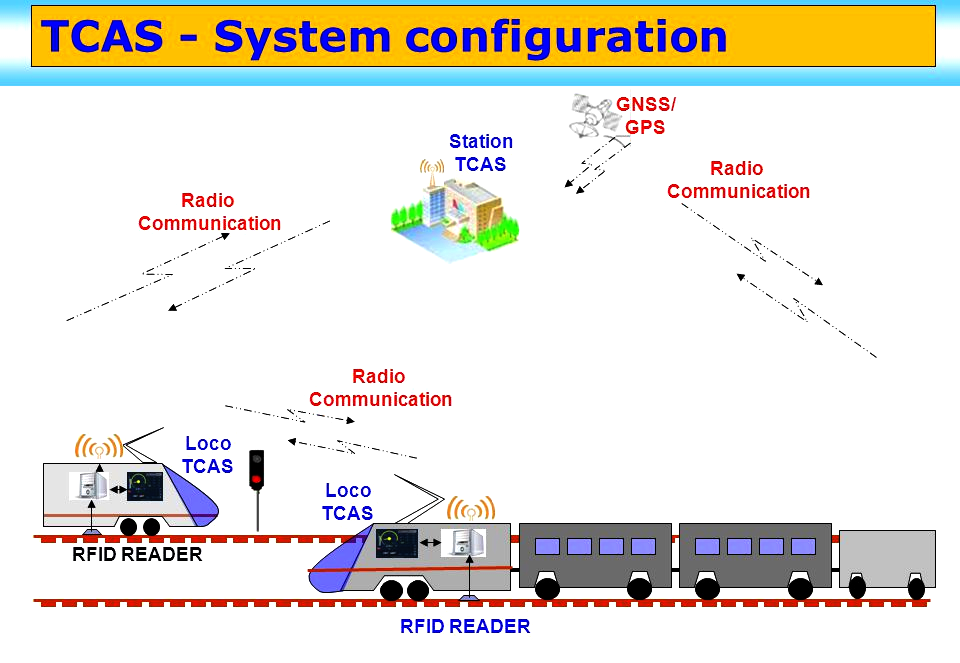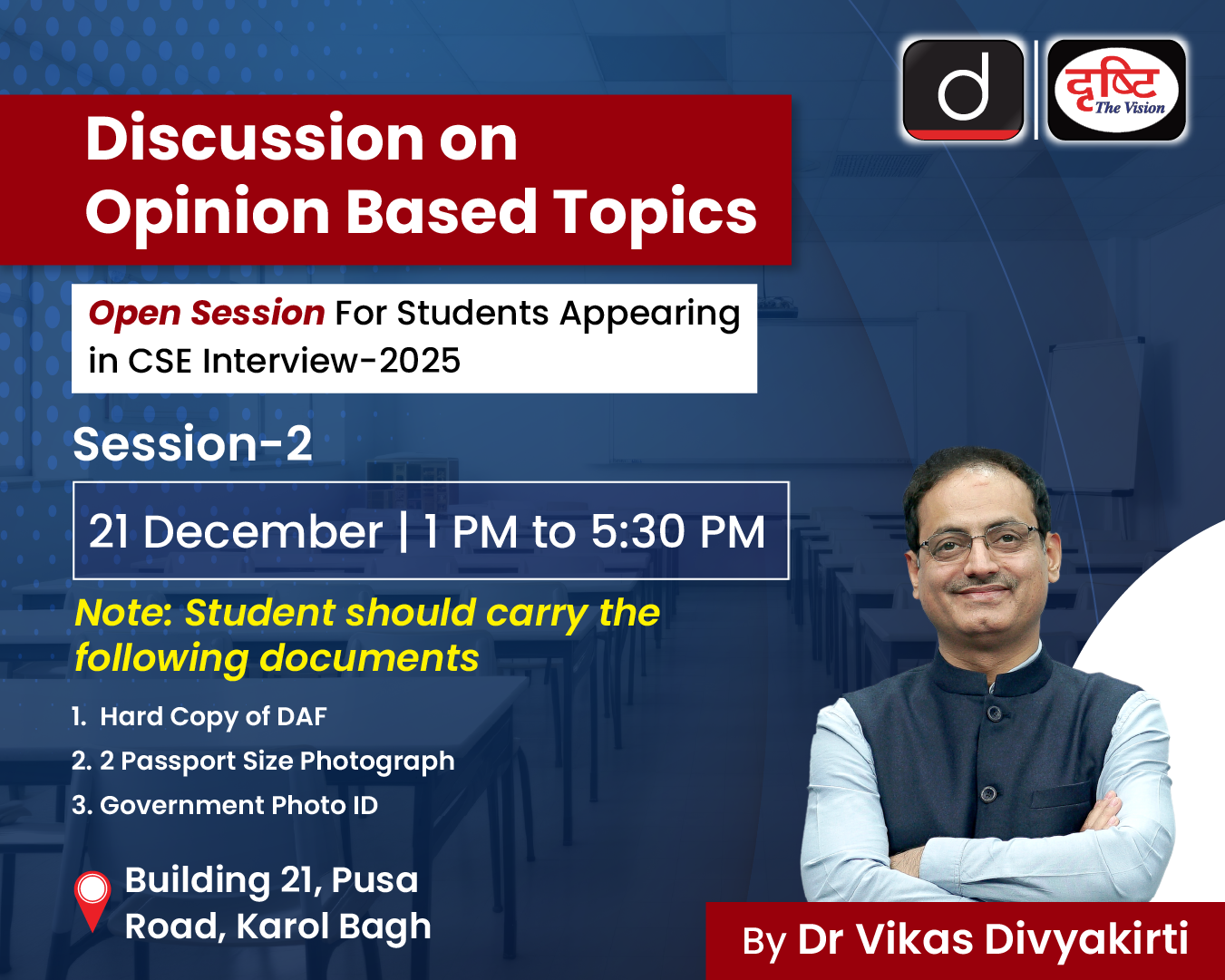Governance
Derailments in Indian Railways
- 05 Jun 2023
- 7 min read
For Prelims: Comptroller and Auditor General of India (CAG), Derailment in India, Rashtriya Rail Sanraksha Kosh (RRSK), Kavach.
For Mains: Functionality of Kavach, Factors Responsible for Derailments.
Why in News?
The tragic train accident that occurred on June 2, 2023, at Bahanaga Bazar railway station in Odisha's Balasore district, has highlighted the urgent need for effective safety measures to prevent such devastating incidents.
- The recent incident has brought attention to the Kavach initiative, which aims to enhance railway safety in India. However, the Kavach system has not been implemented on the Odisha route.
- Comptroller and Auditor General of India (CAG)’s 2022 report on ‘Derailments in Indian Railways’ flagged multiple shortcomings on the causes of train accidents in the country.
What are the Major Highlights of the Report?
- About:
- The CAG report reveals that nearly 75% of the consequential train accidents between 2017-18 and 2020-21 were caused by derailments.
- Derailments: The Leading Cause of Train Accidents
- Out of 217 consequential train accidents, 163 (around 75%) were caused by derailments.
- Other causes of train accidents include fire in trains (20 accidents), accidents at unmanned level-crossings (13 accidents), collisions (11 accidents), accidents at manned level crossings (8 accidents), and miscellaneous incidents (2 accidents).
Classification of Train Accidents:
- The Railway Board classifies train accidents into two categories: Consequential Train Accidents and Other Train Accidents.
- Consequential Train Accidents include accidents with significant repercussions, such as loss of life, human injury, property damage, and interruption to railway traffic.
- Other Train Accidents encompass all accidents that do not fall under the consequential category.
- Factors Responsible for Derailments:
- Analysis of inquiry reports revealed 23 factors contributing to derailments in 16 Zonal Railways and 32 divisions.
- The major factor responsible for derailments was related to maintenance of track (167 cases), followed by deviation of track parameters beyond permissible limits (149 cases) and bad driving/overspeeding (144 cases).
- Rashtriya Rail Sanraksha Kosh (RRSK):
- The CAG also analysed the performance of RRSK, established in 2017-18 to strengthen safety measures on the rail network to prevent accidents with a corpus of Rs 1 lakh crore.
- The audit found that while the Gross Budgetary Support of Rs 15,000 crore had been contributed, the Railways' internal resources fell short of the target for funding the remaining Rs 5,000 crore per year to RRSK.
- This shortfall of funds from internal resources undermined the primary objective of creating RRSK to enhance safety in Railways.
- The CAG also analysed the performance of RRSK, established in 2017-18 to strengthen safety measures on the rail network to prevent accidents with a corpus of Rs 1 lakh crore.
- Declining Allotment of Funds for Track Renewal:
- The report highlighted a decline in the allotment of funds for track renewal works, from Rs 9,607 crore in 2018-19 to Rs 7,417 crore in 2019-20.
- Furthermore, the allocated funds for track renewal works were not fully utilised.
- Out of 1,127 derailments during 2017-21, 289 derailments (26%) were linked to track renewals.
- The report highlighted a decline in the allotment of funds for track renewal works, from Rs 9,607 crore in 2018-19 to Rs 7,417 crore in 2019-20.
- Recommendations and Pending Projects:
- The CAG report recommended strict adherence to scheduled timelines for conducting and finalising accident inquiries.
- Indian Railway (IR) may develop a strong monitoring mechanism to ensure timely implementation of maintenance activities by adopting fully mechanised methods of track maintenance and improved technologies.
- IR may prepare the ‘Detailed Outcome Framework’ for each item of safety work as per the indicative outcomes to gauge whether the benefits derived out of the RRSK funds are in the conformity with the objectives behind the creation of the Fund
- The CAG report recommended strict adherence to scheduled timelines for conducting and finalising accident inquiries.
Note: Derailment refers to the situation when a train or any other rail vehicle goes off the tracks, resulting in a loss of stability and the inability to continue moving along its intended path. It is a critical safety incident that can lead to significant damage, injuries, and even fatalities.
What is Kavach?
- About:
- Kavach is an indigenously developed Automatic Train Protection (ATP) system aimed at enhancing safety in train operations across the vast network of Indian Railways.
- Developed by the Research Design and Standards Organisation (RDSO) in association with three Indian vendors, it has been adopted as our National Automatic Train Protection (ATP) System.
- The Indian Railways Institute of Signal Engineering & Telecommunications (IRISET) in Secunderabad, Telangana hosts the 'Centre of Excellence' for Kavach.
- IRISET is responsible for training in-service railway staff on Kavach through its dedicated Kavach lab.
- Kavach is an indigenously developed Automatic Train Protection (ATP) system aimed at enhancing safety in train operations across the vast network of Indian Railways.
- Functionality:
- The system meets Safety Integrity Level-4 (SIL-4) standards, signifying its high reliability.
- Prevents trains from passing red signals and enforces speed restrictions.
- Activates the braking system automatically if the driver fails to control the train.
- Prevents collisions between two locomotives equipped with Kavach systems.
- Relays SoS messages during emergency situations.
- Offers centralised live monitoring of train movements through the Network Monitor System.
- Utilises Traffic Collision Avoidance System (TCAS) for two-way communication between the station master and loco-pilot.
- Implementation and Deployment of Kavach:
- Of the total route length of 1.03 lakh kilometres, only 1,455 kilometres have been brought under Kavach yet.
- The South Central Railway (SCR) Zone has been at the forefront of Kavach implementation.
- Of the total route length of 1.03 lakh kilometres, only 1,455 kilometres have been brought under Kavach yet.
Way Forward
- Utilising Data Analytics and AI: Utilise big data analytics and artificial intelligence to analyse vast amounts of data collected from trains, tracks, and infrastructure. This can help identify patterns, detect anomalies, and predict potential safety risks, enabling proactive interventions.
- Implementing Kavach Project: It is crucial to expedite the implementation of the Kavach project on the Howrah-Chennai line passing through at least four railway zones.
- Other railway zones should prioritise the installation of the Kavach system to ensure enhanced safety measures across the entire route.








